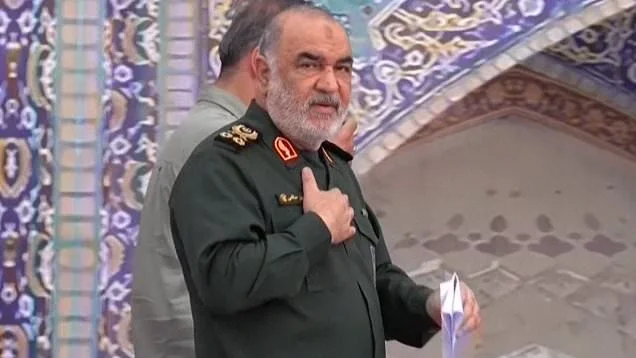
A top commander of Iran's paramilitary Revolutionary Guard was killed in an Israeli airstrike Thursday evening.
Iranian state media has confirmed the death of Hossein Salami, the commander in chief of the Revolutionary Guard Corps.
The 65 year old rose quickly through the ranks of the Iranian Revolutionary Guard Corps since it was formed in the aftermath of the 1979 Islamic Revolution.
After the United States killed Qassem Soleimani in January 2020, Salami took over his position as the head of the force.
Iran's Revolutionary Guard, created after its Islamic Revolution, is one of the main power centers within the country's theocracy.
It controls the country's arsenal of ballistic missiles, which it has used to attack Israel twice during the ongoing Israel-Hamas war in the Gaza Strip.
Salami also oversaw Iran's relationship with Iranian proxies, like Hezbollah, in his position, the New York Times reports.
He has been a staunch opponent of Israel and the United States over the years, and in March he vowed swift retaliation against any country that may attack Tehran.
'If a threat is carried out, we will respond in the most severe manner - decisive, crushing and devastating,' he said, according to the Wall Street Journal.
In addition to Salami, Iranian state media reports that at least three other senior leaders were believed to have been killed in the airstrikes.
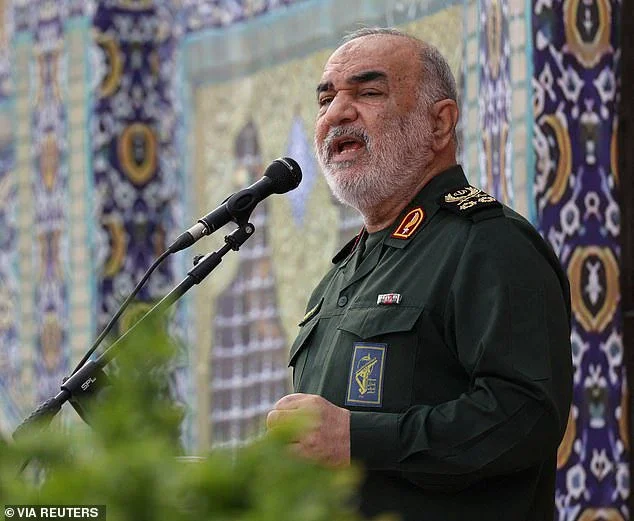
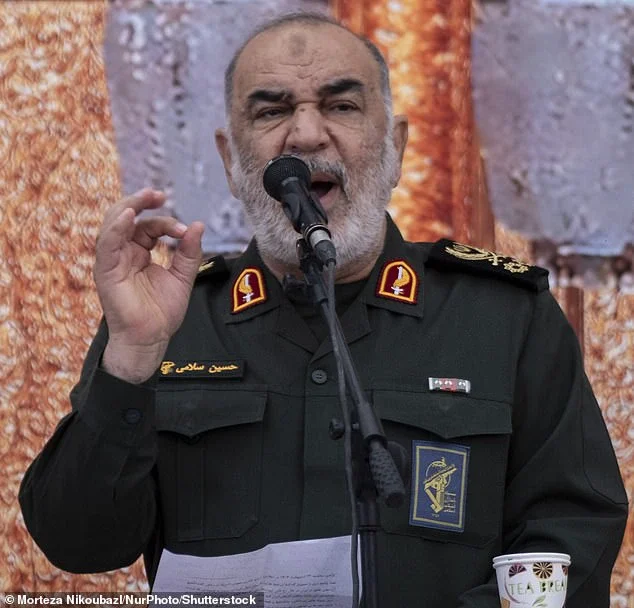
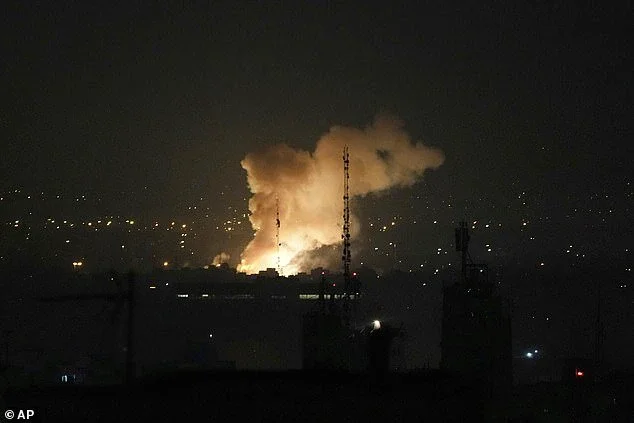
Those killed include Gholamali Rashid, the deputy commander of the Iranian armed forces; Mohammad Mehdi Tehranji, a physicist; and Fereydoun Abbasi, an Iranian nuclear scientist.
Israel has said the airstrikes were targeting Iran's nuclear program in an effort to prevent Tehran from developing a weapon of mass destruction.
Prime Minister Benjamin Netanyahu explained that Israel targeted Iran's main enrichment facility in Natanz and the country's ballistic missile program, as well as top nuclear scientists and officials.
He alleged that the Shiite country was working on a new plan to destroy Israel after its old plan, its circle of proxies, failed. He called that an intolerable threat that must be stopped and vowed to continue the attacks 'for as many days at it takes to remove this threat.'
'Today, the Jewish state refuses to be a victim of a nuclear holocaust perpetrated by the Iranian regime,' Netanyahu declared. 'Israel will never allow those who call for our annihilation to develop the means to achieve that goal.'
But Iran's Supreme Leader Ayatollah Ali Khamenei has since said that Israel will face 'severe punishment' over its attack.
In a statement issued by the state-run IRNA news agency, he said Israel 'opened its wicked and blood-stained hand to commit a crime against our beloved country, revealing its malicious nature more than ever by striking residential centers.'
The state-run IRNA news agency also quoted an anonymous official saying Iran will offer a 'decisive' response to Israel's attack as explosions boomed across Tehran, with the New York Times reporting that at least a half dozen military bases around the capital and residential homes of military personnel were among the targets.
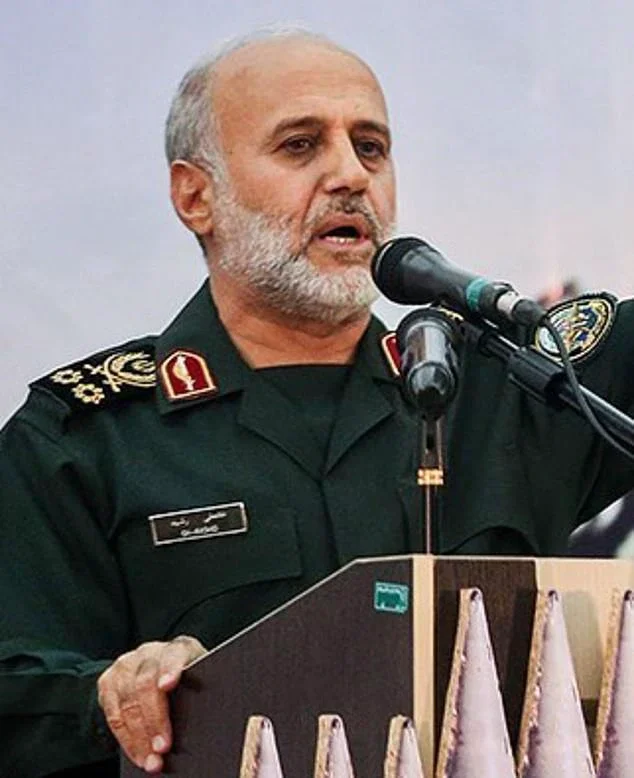
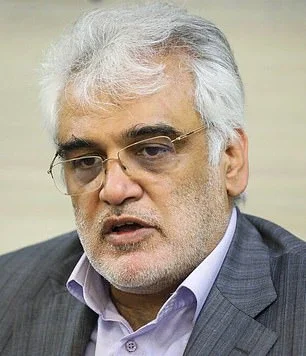

It is believed that Iran will now launch an attack similar to the one it launched in October of last year, when it fired more than 200 drones, ballistic missiles and cruise missiles at Israel to overload air-defense systems, sending the entire population into bomb shelters.
Most missiles were shot down or intercepted, however, causing limited damage.
Israeli Defense Minister Israel Katz now says the country is prepared for any Iranian response, after its National Security Cabinet met throughout the night to discuss the attack.
It has already closed its airspace until further notice.
Ahead of the attack, the United States also announced it would evacuate personnel from the region amid concerns they could be targeted by Iran in reprisals.
But US officials deny any involvement in the airstrike, which comes just days before American authorities were set to meet with their Iranian counterparts to iron out a nuclear deal that would halt Iran's nuclear program in exchange for sanctions relief.
'Tonight, Israel took unilateral action against Iran,' Secretary of State Marco Rubio said.
'We are not involved in strikes against Iran and our top priority is protecting American forces in the region.
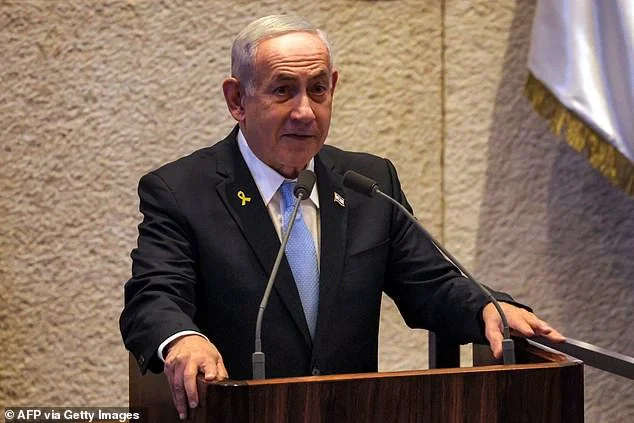
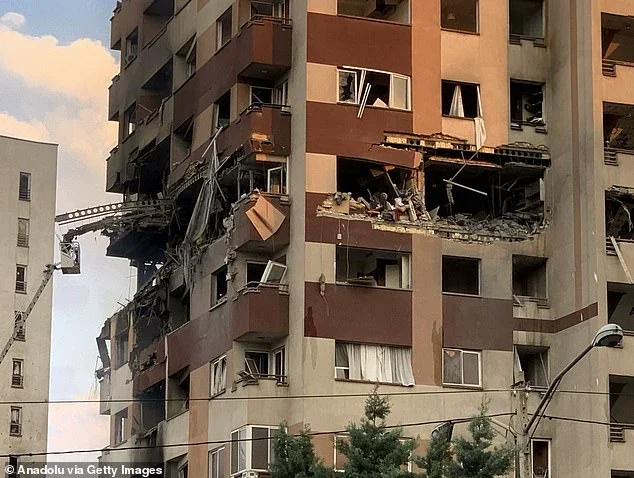
'Israel advised us that they believe this action was necessary for its self-defense.
'President Trump and the Administration have taken all necessary steps to protect our forces and remain in close contact with our regional partners. Let me be clear: Iran should not target U.S. interests or personnel,' Rubio added.
Trump has yet to issue a statement about the strikes.
But earlier in the evening he posted to Truth Social: 'We remain committed to a Diplomatic Resolution to the Iran Nuclear Issue! My entire Administration has been directed to negotiate with Iran.'
'They could be a Great Country, but they first must completely give up hopes of obtaining a Nuclear Weapon,' he added.

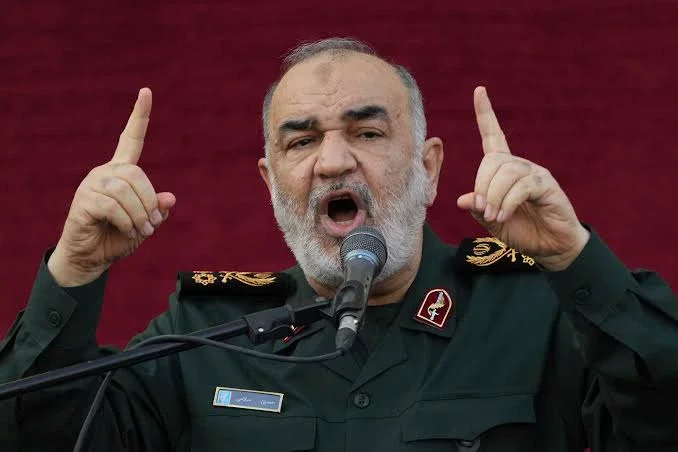
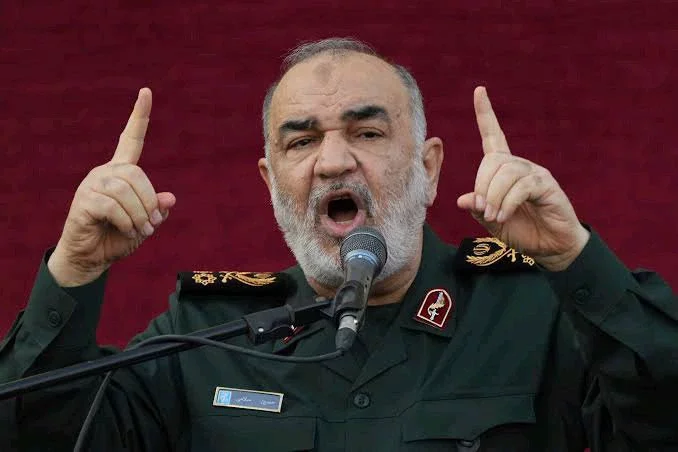
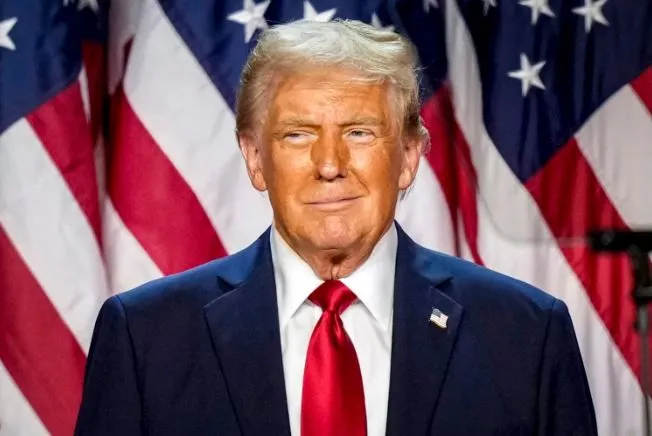
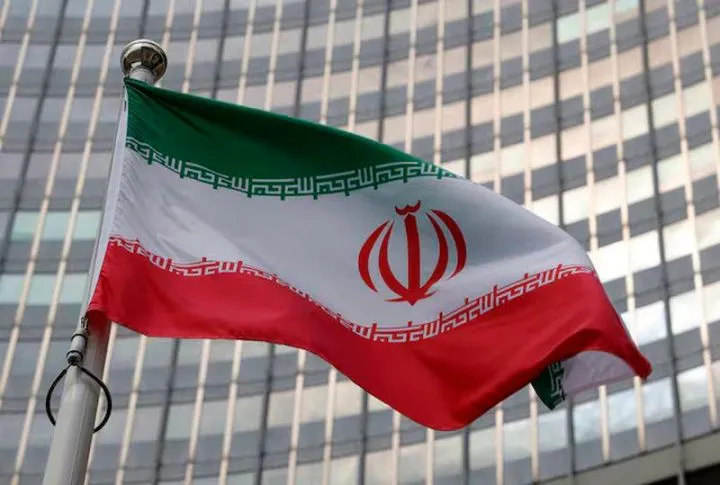
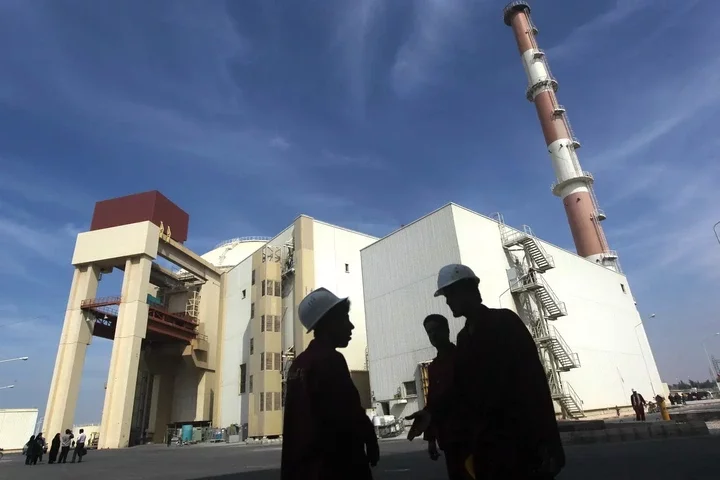
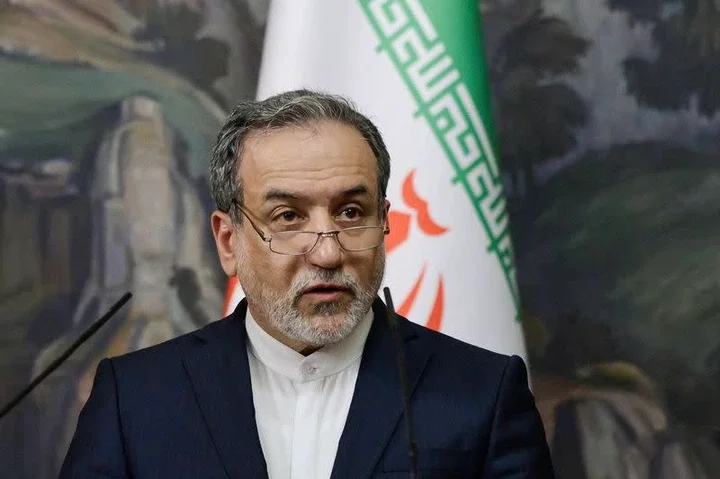

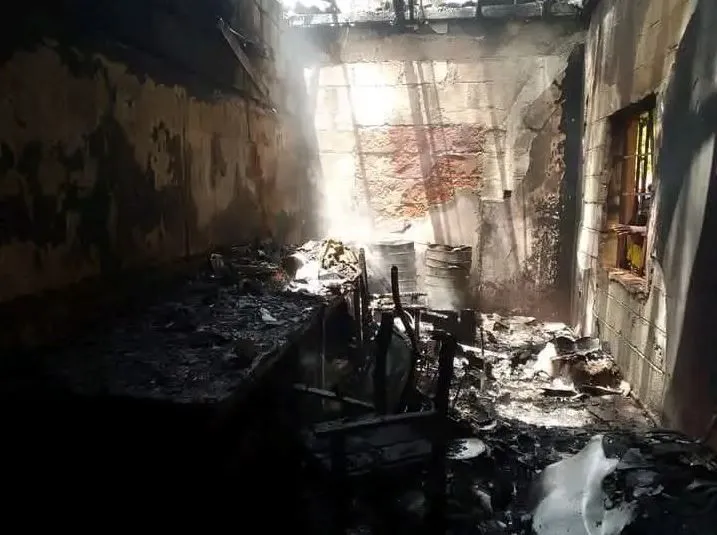



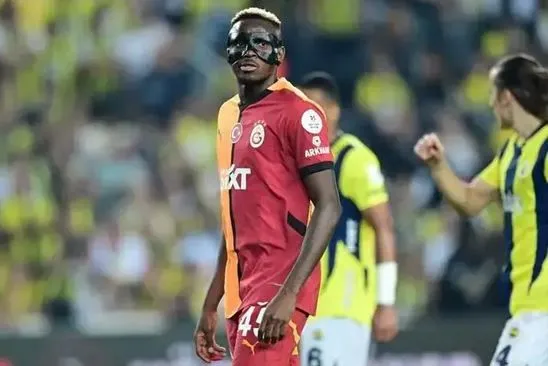
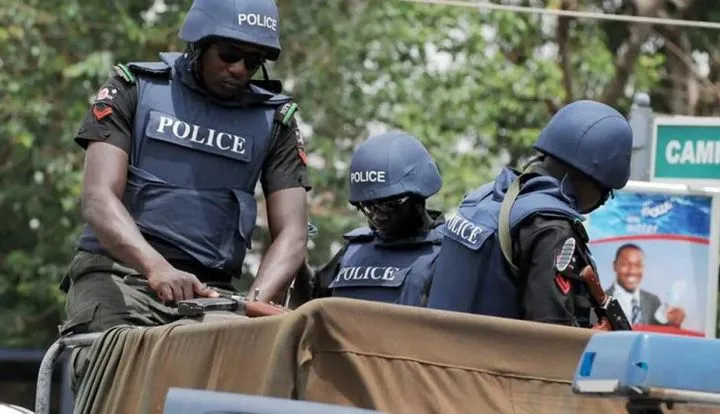


Comments